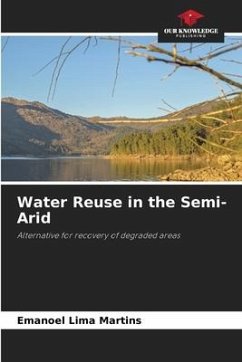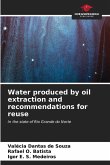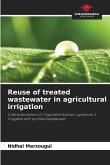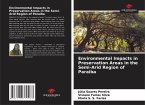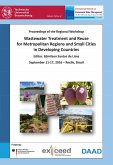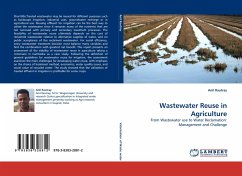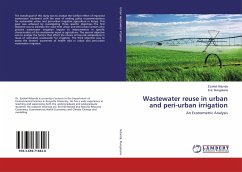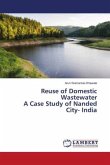Soil degradation is a problem that affects one third of the earth's surface, affecting almost half of the world's population. This fact, in the semi-arid region, with marked water deficiency, becomes an aggravating factor for the maintenance of the biome and the survival of the population. The use of water from domestic sewage treatment plants has been shown to be a strategic practice both for forest and fodder production and for the recovery of degraded soils. The use of these waters presents technical, legal, economic and social challenges, since there are risks to human health, as well as risks of introducing contaminants into the soil, and eventually in some regions, into aquifers. These risks need to be very well balanced by the food security, nutritional and economic benefits that this water source offers, especially in arid and semi-arid regions. In addition to the water aspect, wastewater also has variable contents of suspended solids, organic matter and chemical elementsand, depending on the water source, may also have excessive levels of salts, heavy metals and toxic organic compounds.
Bitte wählen Sie Ihr Anliegen aus.
Rechnungen
Retourenschein anfordern
Bestellstatus
Storno

